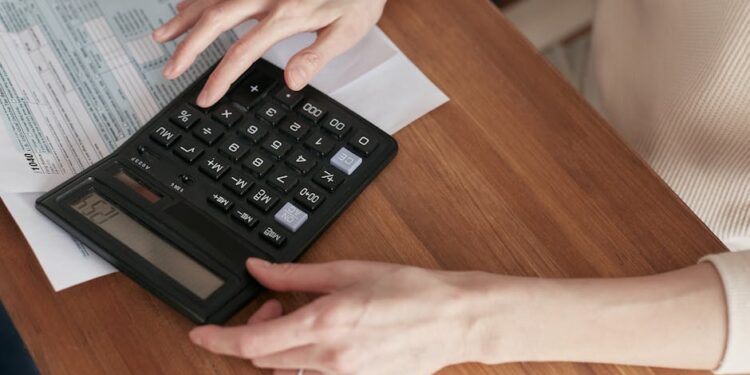Balancing Financial Priorities: Emergency Fund or Debt Payoff?
Navigating personal finance requires skilful management of competing priorities. Two key components of financial stability include building an emergency fund and paying off debt. However, determining which should take precedence is a common dilemma that many people face. This article explores this situation, providing you with a structured approach to balance these financial priorities effectively.
Understanding the Importance of an Emergency Fund
An emergency fund is a cornerstone of financial security. It serves as a financial buffer that can help you manage unexpected expenses such as medical emergencies, car repairs, or sudden job loss without needing to incur additional debt. Experts typically advise having three to six months’ worth of living expenses set aside. However, the exact amount can vary based on your personal situation, job stability, and risk tolerance.
The Impacts of Debt on Financial Health
Owing money can have significant psychological and financial implications. High-interest debts such as credit card balances or payday loans can quickly escalate due to compound interest, making it harder to achieve financial freedom. Moreover, debts can impact your credit score, affecting your ability to borrow money affordably in the future. Therefore, prioritizing debt repayment, particularly high-interest debt, is crucial for long-term fiscal health.
*Balancing Act: Emergency Fund vs. Debt Payoff*
Choosing between beefing up your savings or reducing debt balances can be complex. Below are several strategies and considerations to help you make the best decision for your financial situation.
Assess Your Financial Situation
Begin by evaluating your financial stability. If you have no emergency fund at all, it’s prudent to start one immediately—even before focusing on debt. This safety net will protect you from becoming further indebted in case of unplanned expenses. Aim to save a small, achievable amount initially, such as $1,000, and then gradually increase it.
Consider the Interest Rates
The interest rate on your debts plays a pivotal role in deciding whether to save or pay off debt. If you have high-interest debts (interest rates significantly higher than what you’d earn in a savings account), it usually makes sense to focus on paying these off first. On the other hand, if your debts are low-interest, it might be more beneficial financially to develop your emergency savings while making minimum debt payments.
Create a Hybrid Approach
Who says you can’t do both? A balanced approach often works well for many individuals. For example, you could decide to allocate 70% of your disposable income towards debt repayment and 30% towards building your emergency fund. Adjust these percentages based on changes in your financial circumstances and as each goal becomes more secure.
Utilize Budgeting Tools and Resources
Effective budgeting can provide clarity and control over your finances, allowing you to manage competing financial priorities better. Utilize budgeting apps or templates to track your income and expenses meticulously. This will help you identify areas where you can cut back and reallocate funds towards your emergency fund or debt repayment more efficiently.
Avoid New Debt
While you’re working on your emergency fund and paying off existing debts, it’s crucial to avoid taking on new debt. Rely on your budget to live within your means and make adjustments as necessary. This will ensure that you’re not sabotaging your efforts to stabilize your financial situation.
Review and Adjust Regularly
Circumstances change, and a periodic review of your financial strategy is essential. Every few months, reassess your financial goals, the performance of your budgeting strategy, and your overall financial progress. This can include tweaking your savings and debt repayment percentages or increasing your monthly contributions toward each goal.
Conclusion
Choosing between prioritizing an emergency fund or paying off debt depends largely on your individual financial circumstances. Both are integral in building and maintaining financial health. With careful assessment and strategic planning, you can effectively balance these priorities. Remember, personal finance is just that—personal. Tailor these strategies to suit your specific financial situation for the best outcomes.
FAQs about Emergency Funds and Debt Payoff
How much should I save in my emergency fund?
It’s generally recommended to have three to six months’ worth of expenses saved. However, even a $1,000 fund can be a good starting point.
Should I pay off debt or save during economic uncertainty?
In times of economic uncertainty, having liquidity is crucial. It might be wise to bolster your emergency fund even if it means slowing down debt repayment temporarily.
Can I use credit as an emergency fund?
Depending on credit in emergencies can be risky, as it might lead to high-interest debt. It’s better to have cash set aside.
Understanding and managing your finances can be daunting, but with the right approach, achieving financial stability is well within reach. Balance and vigilance are your best tools in this endeavor.

























































